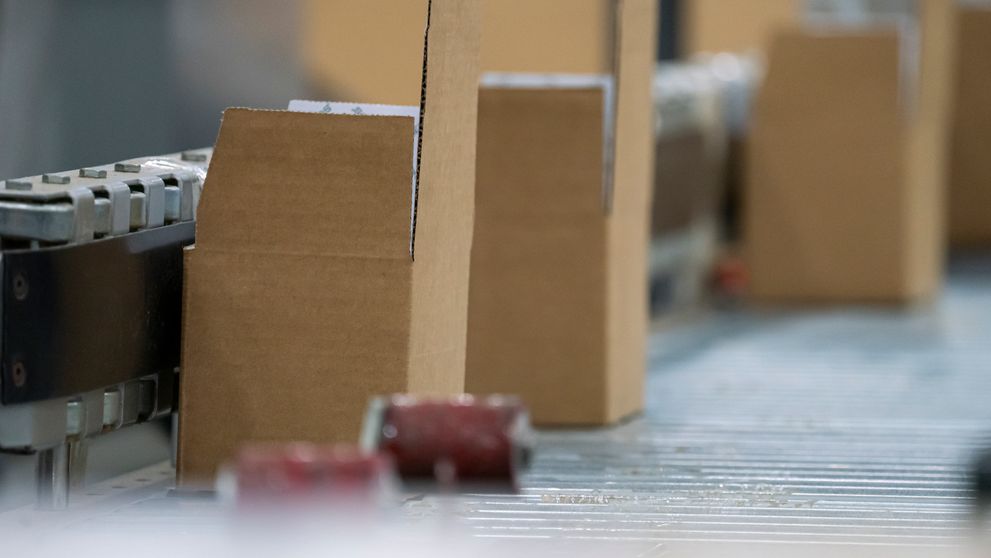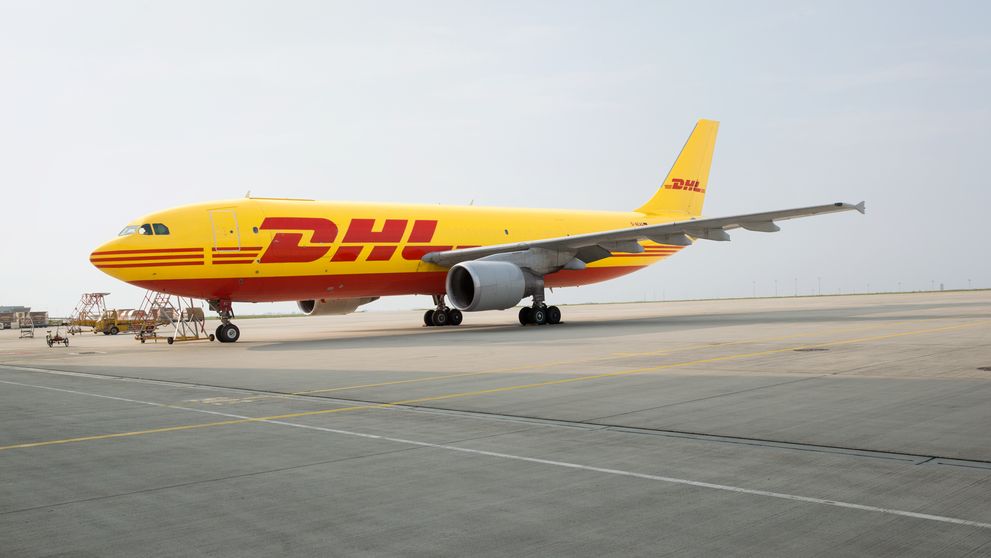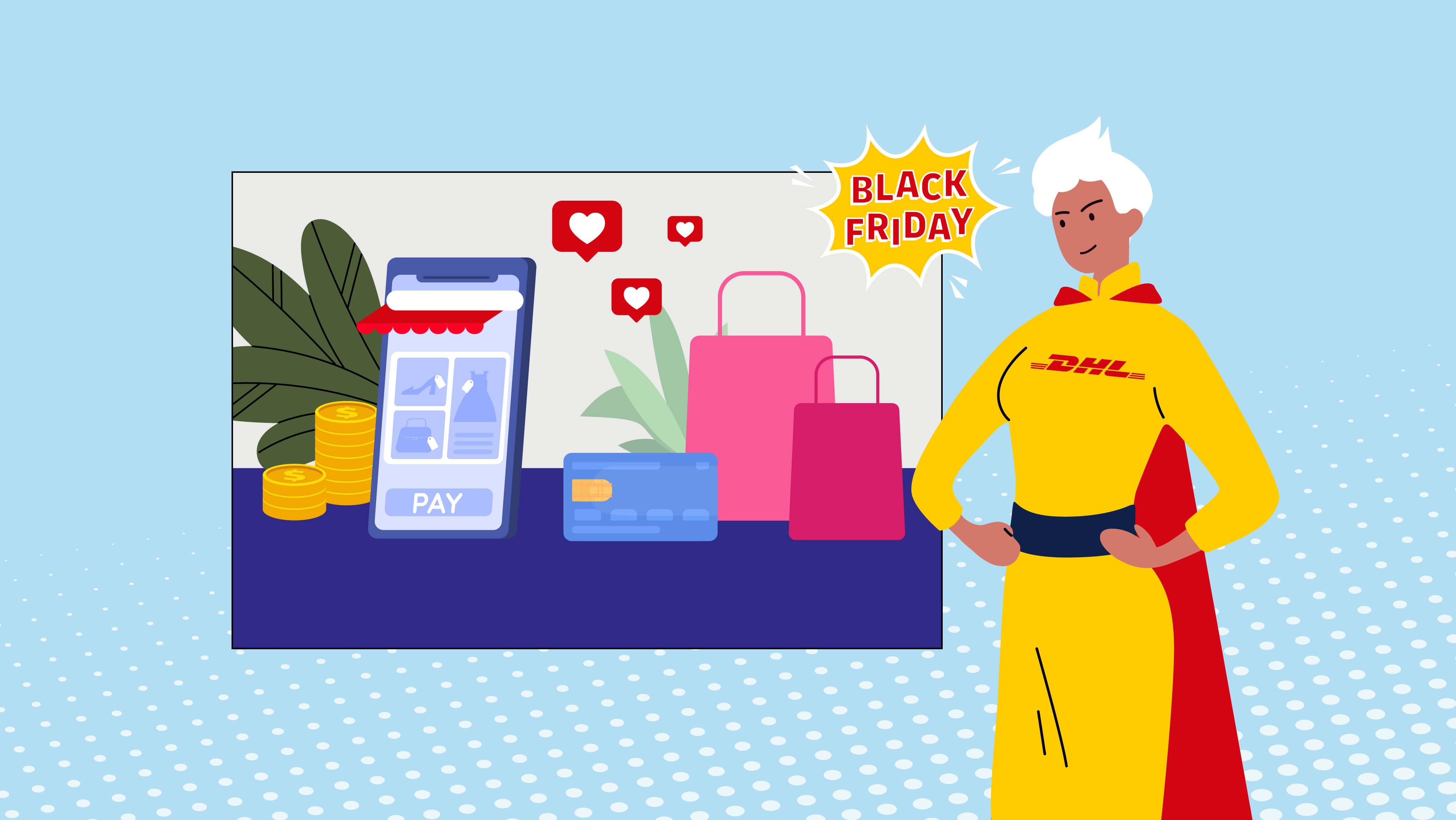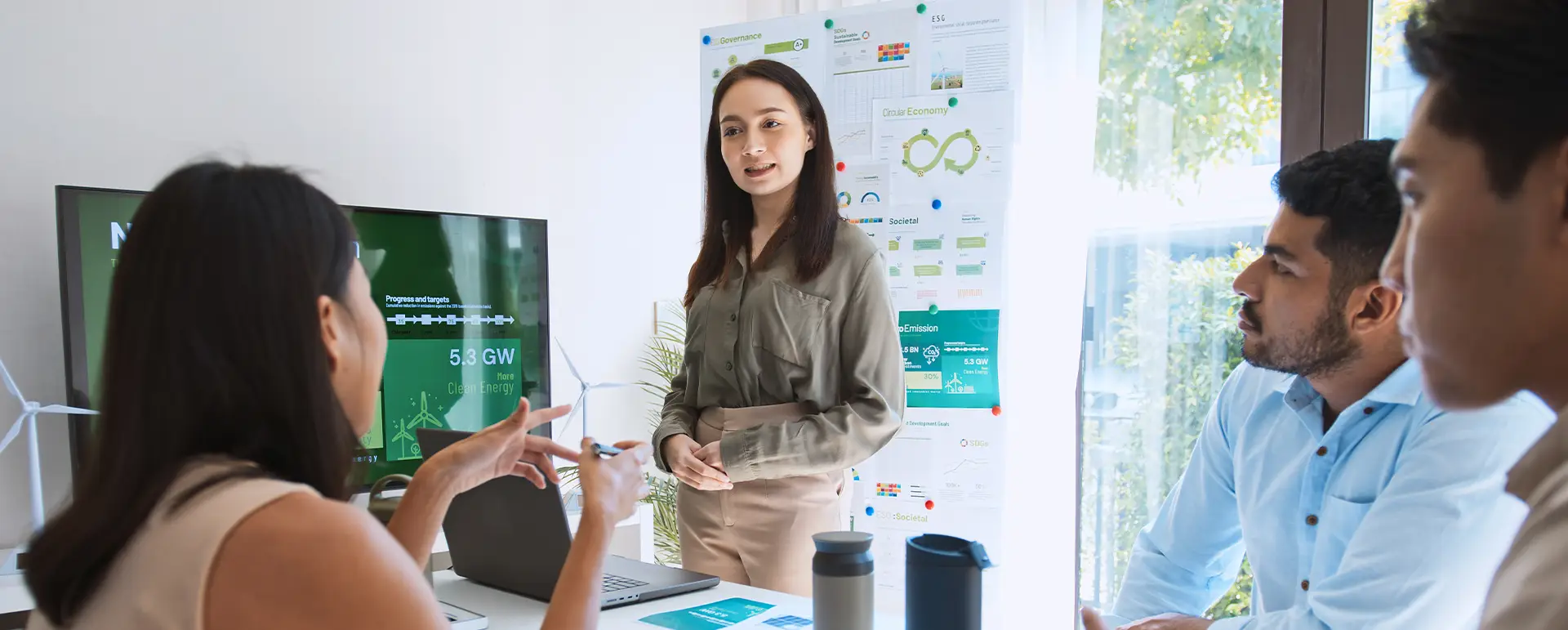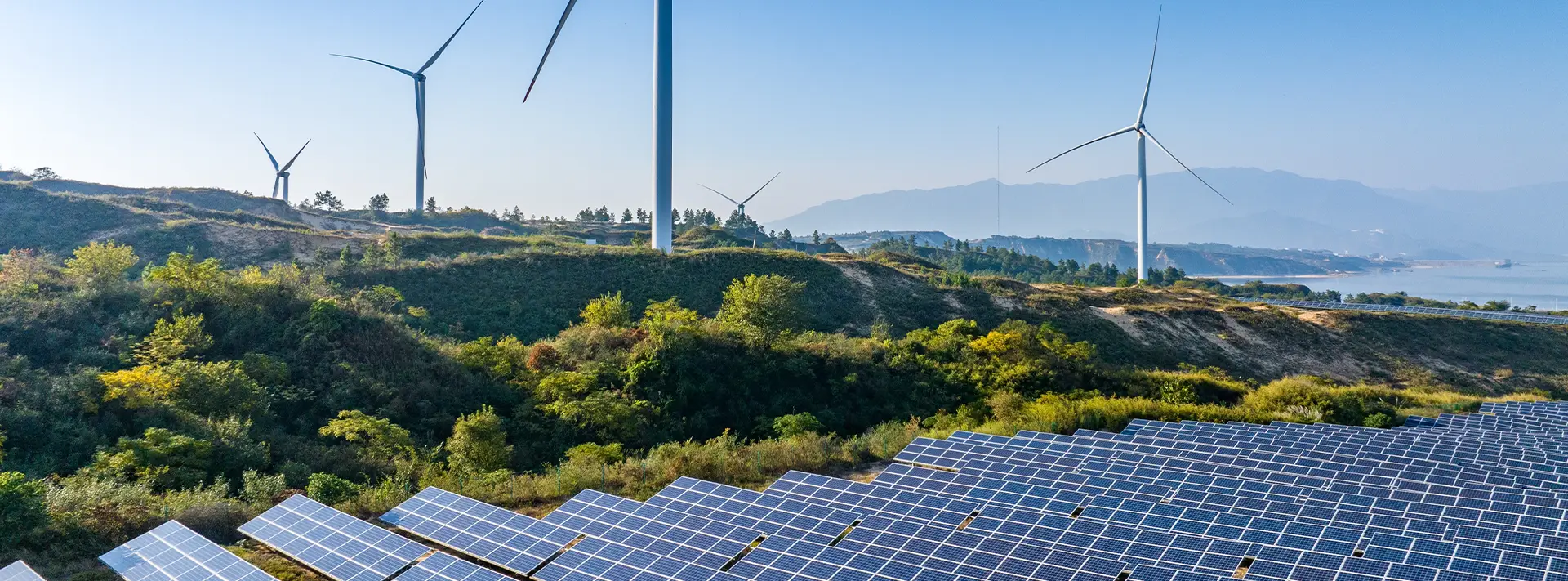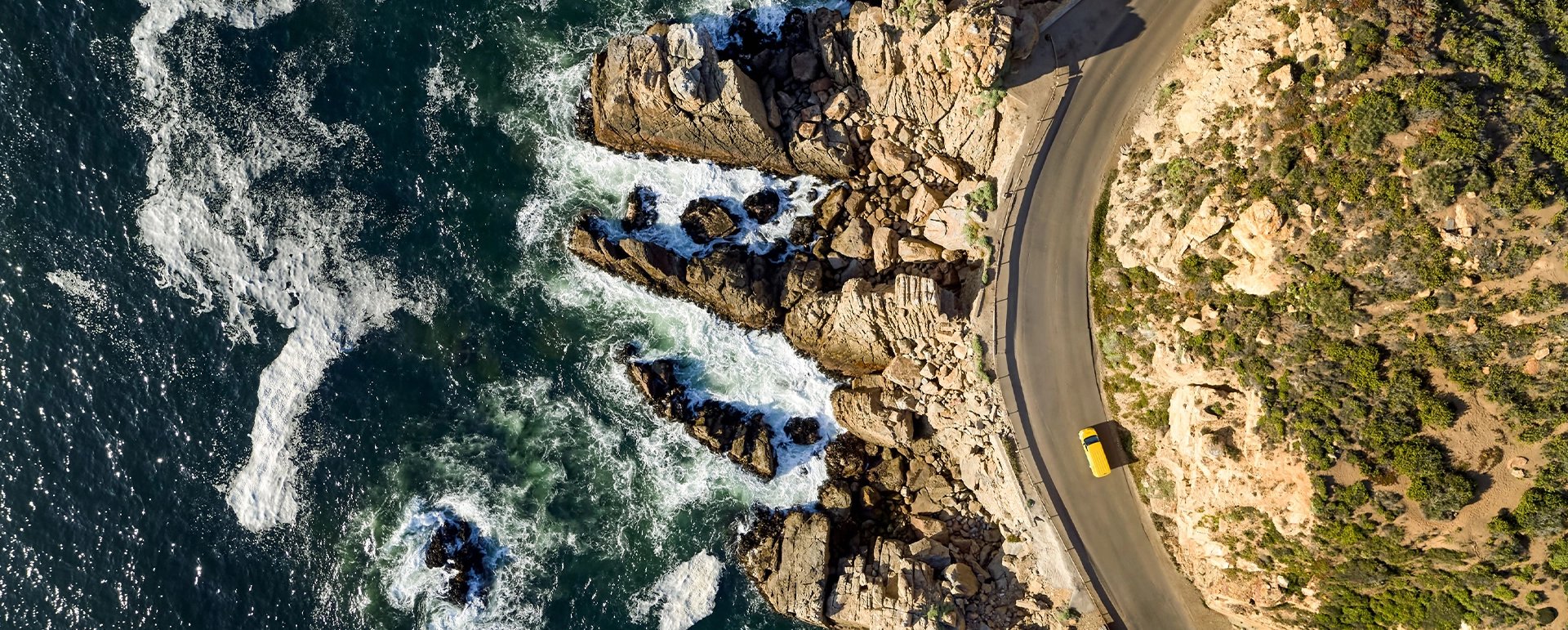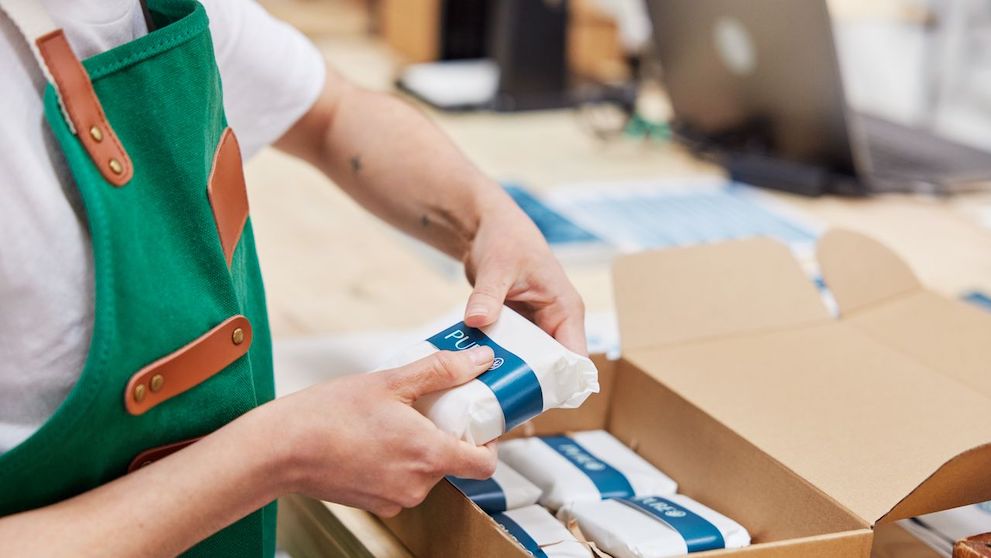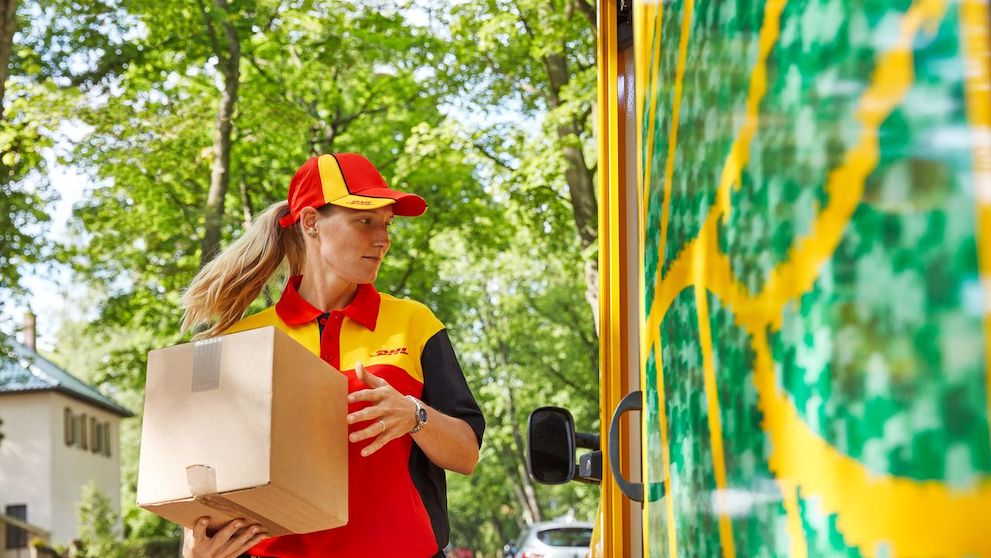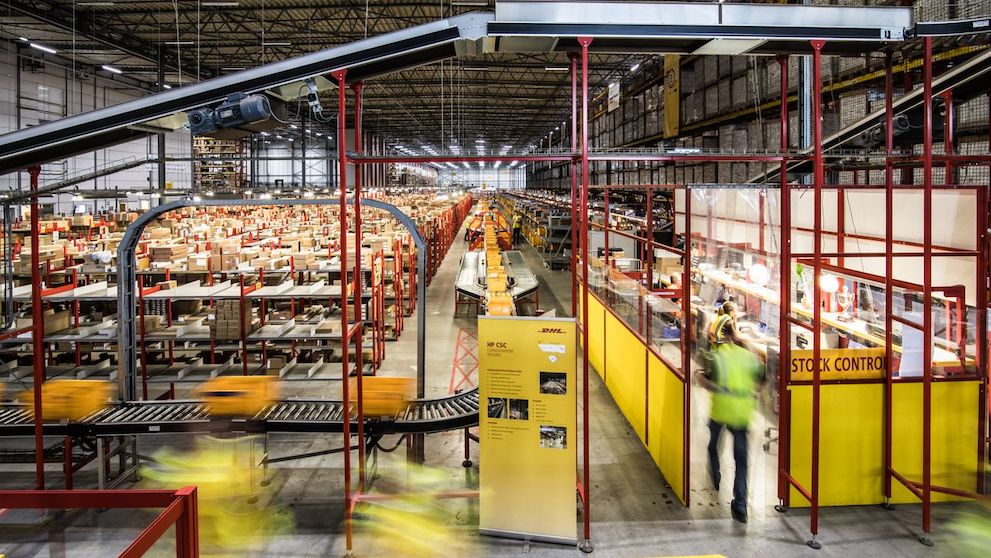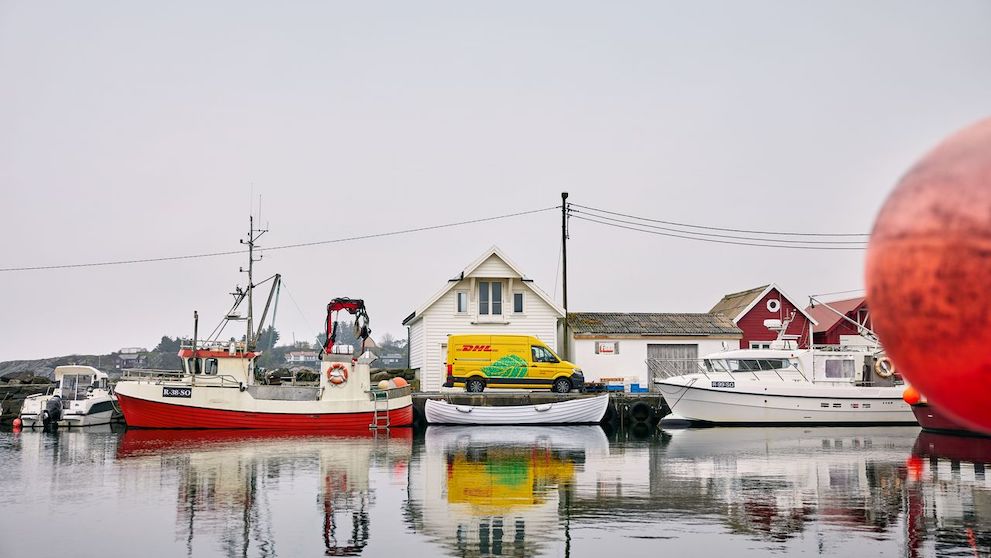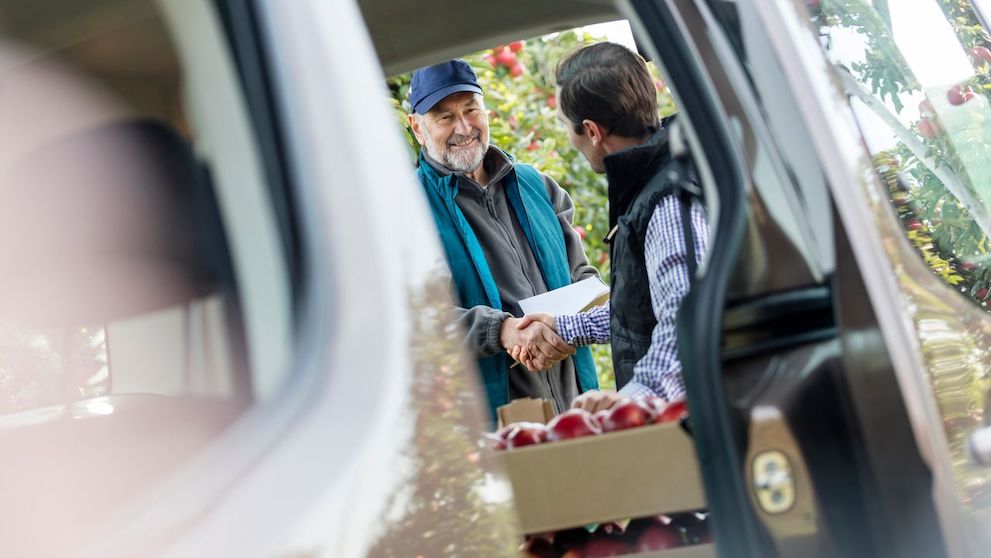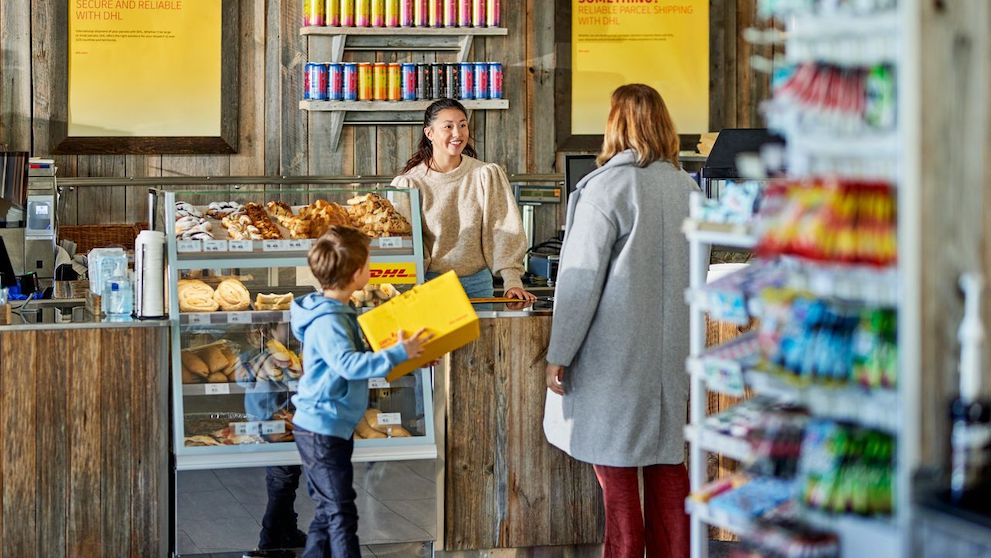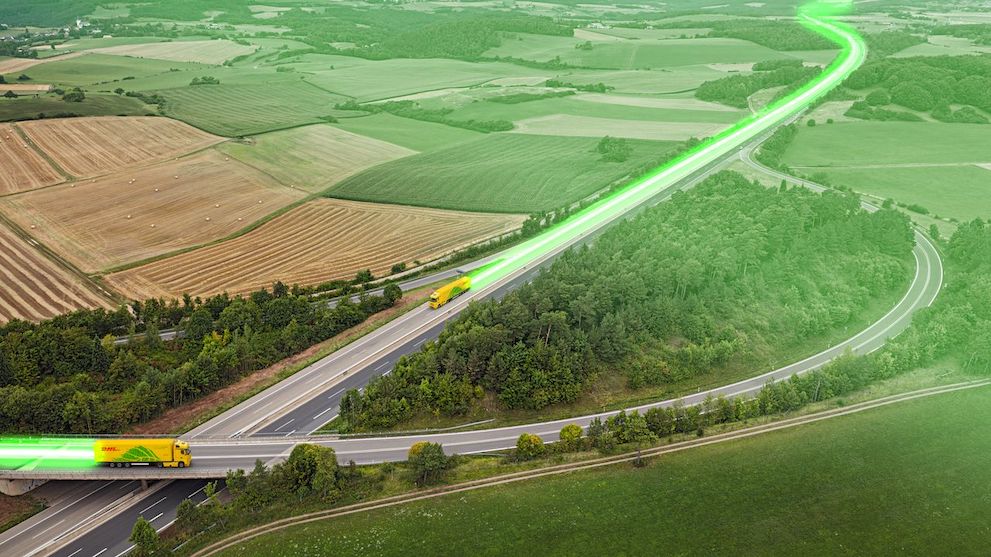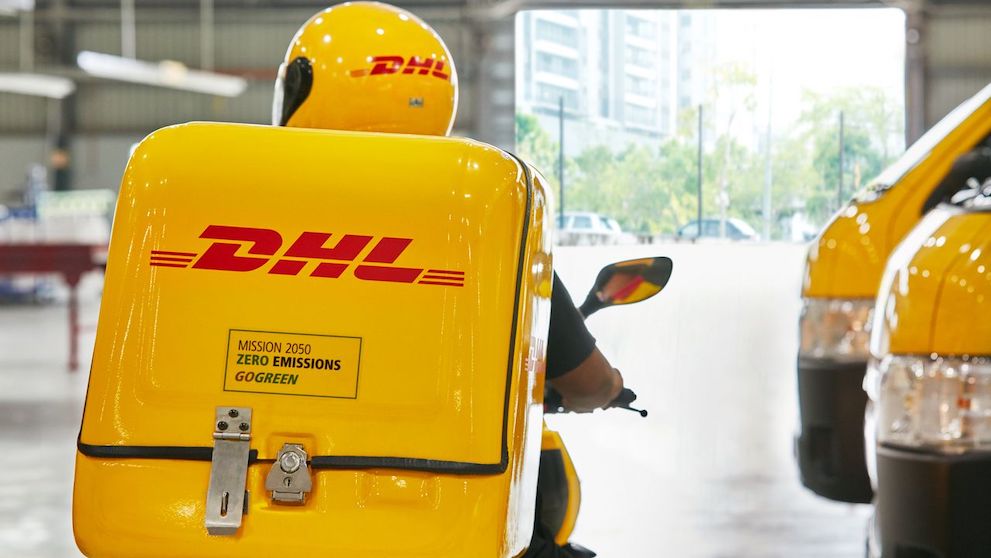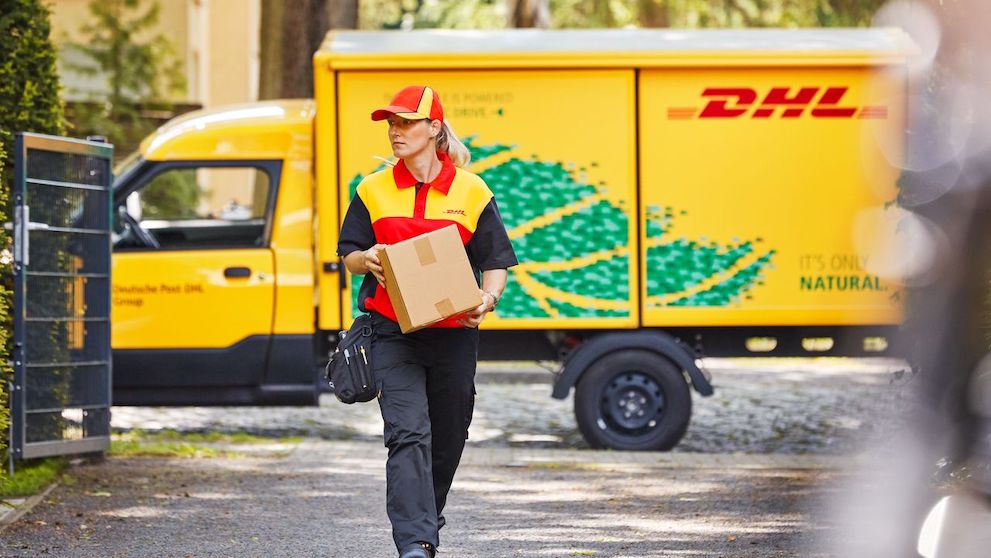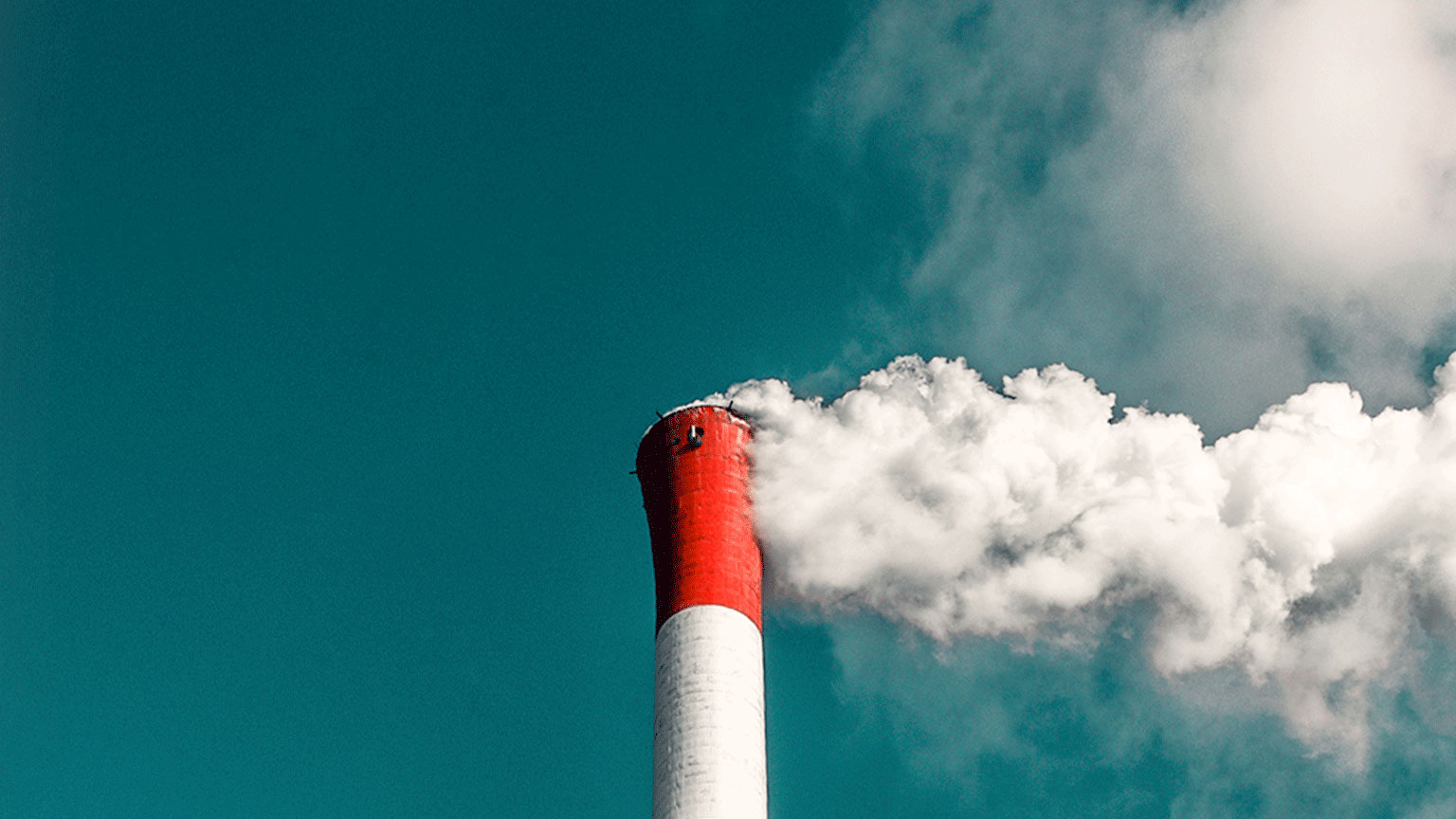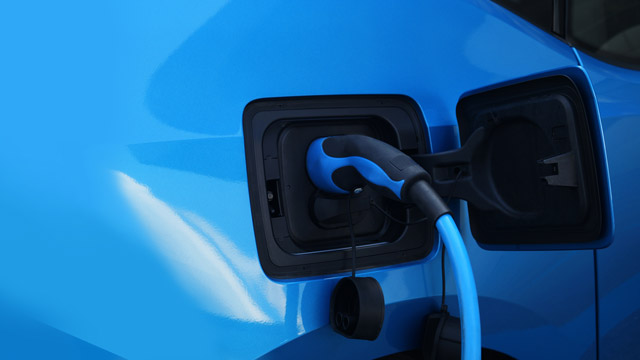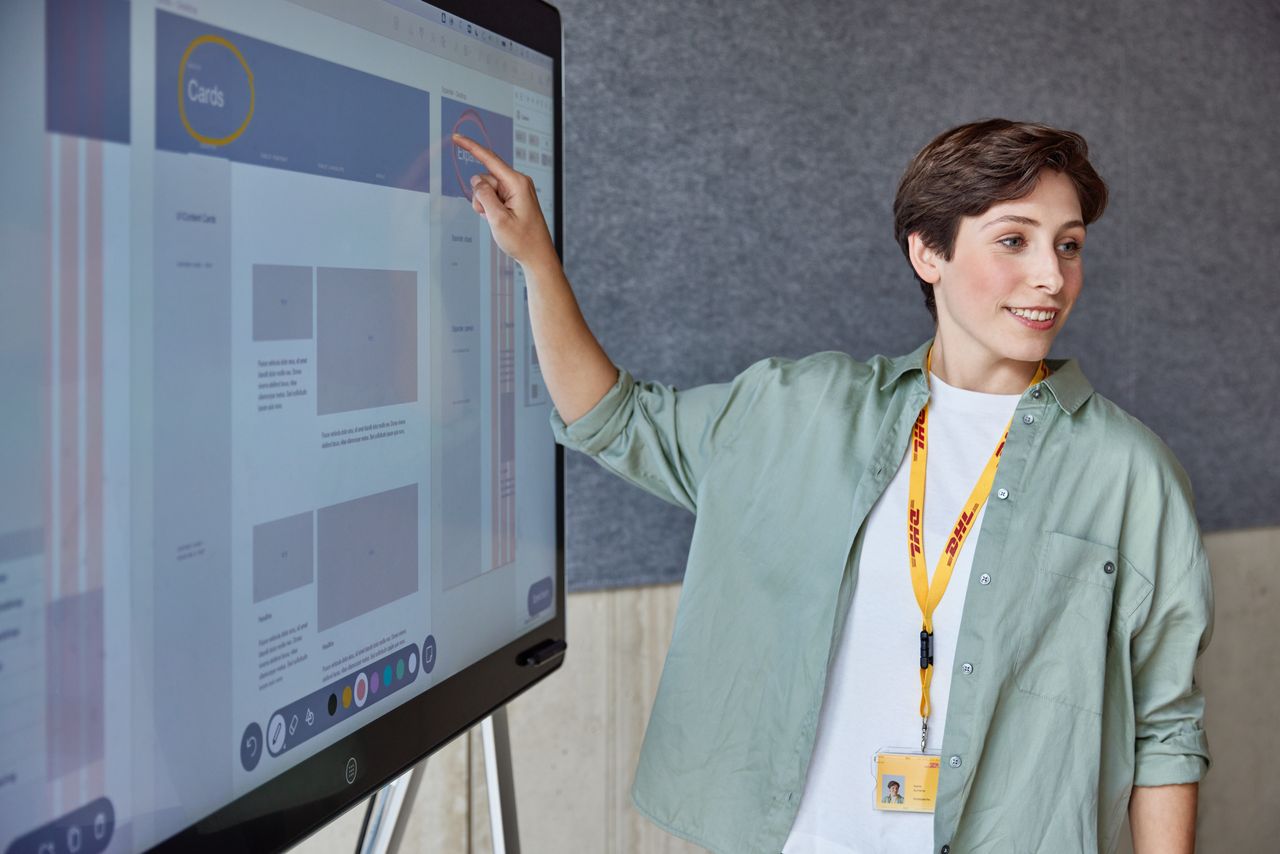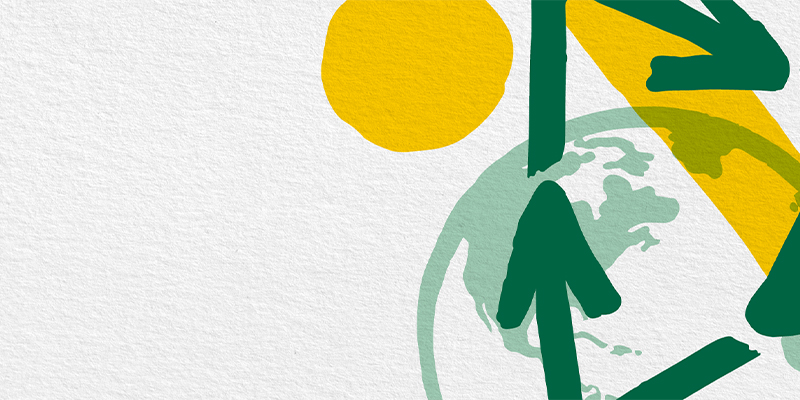In New Zealand, 75% of plastics used as food and drink packaging are left in landfills, according to an article by AMCS. This accounts for 308 169 tonnes, with only one in 45,000 tonnes of plastic being collected for recycling. With the amount of plastics contributing to the country’s pollution, the New Zealand government is working to phase out some single-use plastics and hard-to-recycle food and beverage packaging by 2025 to reduce waste.
This poses a challenge for many businesses that use plastics to maintain the integrity and quality of their products to consumers. With the constant push toward sustainability, companies must seek eco-friendly solutions to not only align with their corporate environmental responsibility but also continue to meet consumer expectations. A sustainable solution some businesses are considering is the use of label-free packaging.
Understanding label-free packaging
The term label-free does not specifically mean removing the label from the packaging, as New Zealand regulations require companies to provide information about their products on the packaging. Rather, this eco-friendly solution eliminates the need for traditional labels, focusing instead on packaging solutions that reduces waste and streamlines the recycling processes while maintaining the appeal of the products.
Environmental benefits
Should companies consider switching to label-free packaging, they could gain the following benefits:
a. Reduced material usage
Label-free packaging significantly cuts down on the amount of materials used, particularly plastics and adhesives. This leads to reducing the business’s environmental footprint in the packaging production process.
b. Lower carbon footprint
The manufacturing and transportation of traditional labels contribute to carbon emissions, and by eliminating these steps, label-free packaging reduces the overall carbon footprint.
c. Enhanced recyclability
Traditional labels often complicate the recycling process. In contrast, label-free packaging simplifies sorting and recycling, ensuring that more materials are effectively processed and reused.
Case studies of companies using label-free packaging
While label-free packaging is still emerging in New Zealand, several well-known brands have adopted this sustainable packaging concept in other parts of the world. These are a few examples of companies using label-free packaging.
Coca-Cola
Coca-Cola has made significant strides in making its packaging more sustainable. According to Packaging Europe, the company’s existing labels are fully recyclable and made from recycled PET. However, Coca-Cola is committed to further reducing the amount of packaging materials used and minimising the need to separate packaging components before recycling the bottle.
To achieve this, they have started implementing label-free packaging, particularly for their 500 ml Sprite and Sprite Zero bottles. These products now feature embossed logos and laser-engraved information, eliminating the need for traditional labels. This initiative is currently being rolled out in Europe, with plans to transition to this type of packaging globally in the near future.
Evian
Evian is also at the forefront of implementing sustainable packaging solutions. The company aims to shift entirely to recycled PET bottles by 2025. In line with this goal, Evian has adopted a label-free design, using embossed logos on their plastic bottles to display their brand. This new packaging design was distributed across hotels, restaurants, and other hospitality businesses in France in July 2020 and expanded to other parts of the in September 2020. Evian’s commitment to sustainable packaging highlights the broader industry trend towards reducing plastic waste and enhancing recyclability.
How companies can implement label-free packaging into their production
The shift towards label-free packaging is a significant step for businesses aiming to enhance sustainability and reduce environmental impact. By adopting innovative practices and sourcing eco-friendly packaging materials, companies can align their new product packaging with consumer preferences and regulatory requirements. Here are some key strategies for implementing label-free packaging in your production processes.
